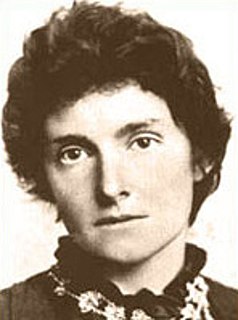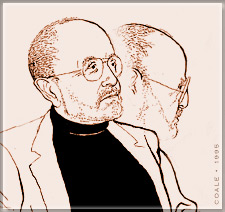A Quote by E. Nesbit
Time is, as you are probably aware, merely a convenient fiction. There is no such thing as time.
Related Quotes
We should certainly know by now that it is one thing to overthrow a dictator or repel an invader and quite another thing really to achieve a revolution. Time and time and time again, the people discover that they have merely betrayed themselves into the hands of yet another Pharaoh, who, since he was necessary to put the broken country together, will not let them go.
I think all of us begin as writers. I wanted to be a writer from the time I as eight, long before I heard of jazz. The question is, once you have that obsession, what is your subject going to be and you often don't know for some time. It might become fiction, it might be non-fiction, and if it's non-fiction it can go in any number of directions.
However, while being able to think about two things at the same time is a terribly convenient, the training it takes to get there is frustrating at best, and at other times rather disturbing. I remember one time I looked for the stone for almost an hour before I consented to ask the other half of me where I'd hidden it, only to find I hadn't hidden the stone at all. I had merely been waiting to see how long I would look before giving up. Have you ever been annoyed and amused with yourself at the same time? It's an interesting feeling, to say the very least.
Consider the word “time.” We use so many phrases with it. Pass time. Waste time. Kill time. Lose time. In good time. About time. Take your time. Save time. A long time. Right on time. Out of time. Mind the time. Be on time. Spare time. Keep time. Stall for time. There are as many expressions with “time” as there are minutes in a day. But once, there was no word for it at all. Because no one was counting. Then Dor began. And everything changed.
Publishing a book is a great thing, and I'm grateful, but it's also a horrible, exposing thing. Once you've published a book, you never write quite as freely again. You're aware, from that point onward, of the kinds of things critics might say about it. You're aware of the kinds of things your publishers might like and dislike about it. You're half-aware of marketing strategies - of all the stuff around the book. Whereas with your very first piece of fiction, if you're lucky, those things barely occur to you at all.
I've always been keenly aware of the passing of time. I've always thought that I was old. Even when I was twelve, I thought it was awful to be thirty. I felt that something was lost. At the same time, I was aware of what I could gain, and certain periods of my life have taught me a great deal. But, in spite of everything, I've always been haunted by the passing of time and by the fact that death keeps closing in on us.



































